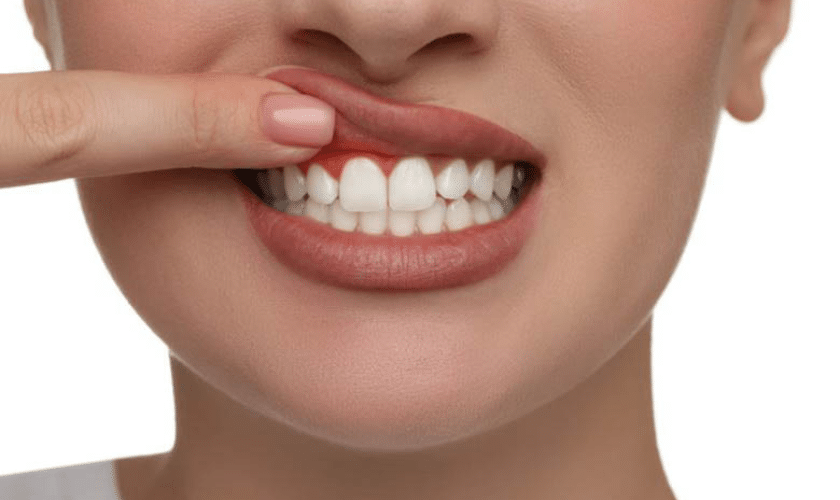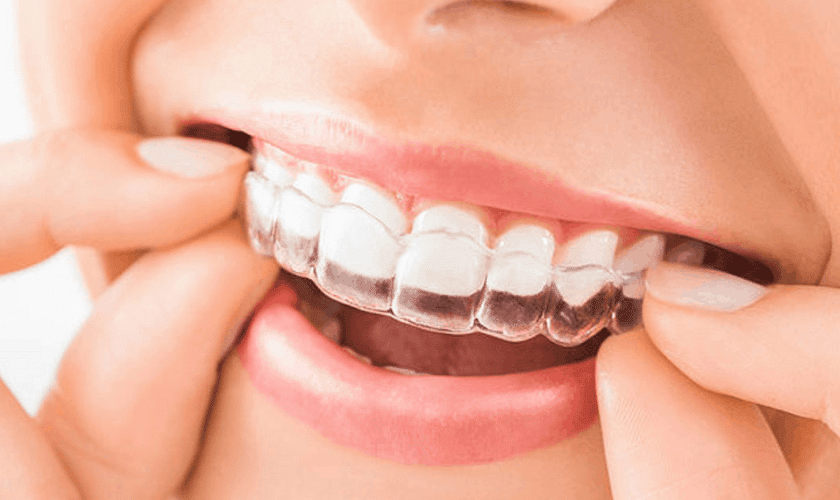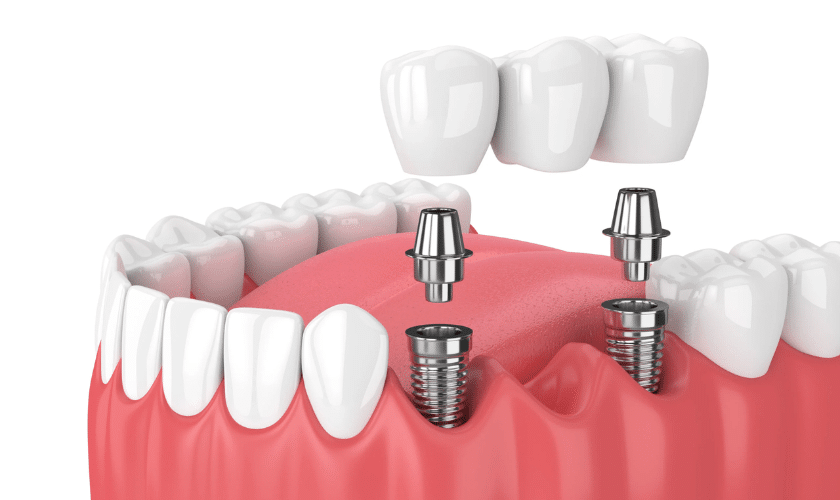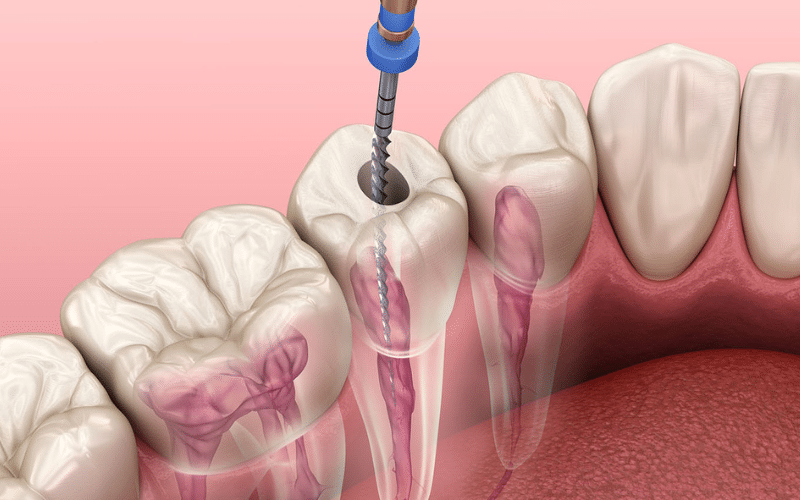
Are you experiencing bleeding gums or bad breath? These could be symptoms of gum disease, a common condition that affects many people. Gum disease is caused by the buildup of plaque on your teeth and can lead to serious dental problems if left untreated. But don’t worry, there are effective treatment options available! In this blog post, we’ll explore 5 ways to treat gum disease and improve your oral health for a brighter smile. So let’s dive in!
What is Gum Disease?
Gum disease, also known as periodontitis or gingivitis, is a bacterial infection affecting the tissues and bones supporting teeth. It starts with inflammation of the gums caused by bacteria from plaque buildup on your teeth. This inflammation can quickly progress to more severe stages if left untreated.
The first stage of gum disease is called gingivitis. At this stage, you may experience redness and swelling in your gums, as well as bleeding when brushing or flossing. Gingivitis can be reversed with good oral hygiene habits like regular brushing and flossing.
If left untreated, gingivitis can progress to periodontitis which is a more severe form of gum disease. In this stage, the infection spreads below the gum line causing damage to the bone and tissue supporting your teeth. Periodontitis requires professional dental treatment to prevent further damage.
It’s important to note that even people who practice good oral health habits are not immune to gum disease. Regular dental check-ups are essential for early detection and treatment of any signs of gum disease before it progresses into something more serious.
Source: Dentalk!
Causes of Gum Disease
Gum disease, also known as periodontal disease, is a common dental problem that affects the gums and bones supporting the teeth. There are various causes of gum disease, including poor oral hygiene, smoking or tobacco use, hormonal changes in women (such as during pregnancy), genetics, and certain medications.
When you don’t brush and floss regularly or correctly, it allows plaque to build up on your teeth and gums. Plaque is a sticky film of bacteria that can lead to inflammation of the gums (gingivitis) if not removed.
Smoking or using tobacco products can also increase your risk of developing gum disease. Tobacco use weakens your immune system’s ability to fight off infections in the mouth by reducing blood flow to the gums.
Hormonal changes during puberty, menstruation, pregnancy, and menopause may make your gums more sensitive and susceptible to gingivitis.
Genetics may play a role in determining whether you develop gum disease because some people have inherited traits that make them more prone to infections.
Certain medications like antidepressants or heart medicines can cause dry mouth which increases plaque buildup leading to periodontal problems such as gingivitis or even tooth loss over time.
It’s important for everyone regardless of age group should maintain good oral health habits such as brushing twice daily with fluoride toothpaste, flossing at least once per day plus visiting their dentist every six months for checkups!
Symptoms of Gum Disease
Gum disease is a common dental problem that can lead to serious oral health issues if left untreated. It’s important to know the symptoms of gum disease so that you can seek treatment as soon as possible.
The first sign of gum disease is typically bleeding gums, especially when brushing or flossing. If your gums bleed regularly, it could indicate an early stage of gum disease called gingivitis.
Another symptom to watch out for is redness and inflammation in the gums. Gingivitis can cause your gums to become swollen and tender, which may make them look puffy or appear darker than usual.
As gum disease progresses, you may experience persistent bad breath or a foul taste in your mouth. This occurs because bacteria build up on the teeth and produce toxins that irritate the gums and cause inflammation.
In more advanced cases of gum disease, you may notice receding gums or loose teeth. This happens when the infection damages the tissues and bone supporting your teeth, leading to tooth loss if not treated promptly.
If you’re experiencing any of these symptoms, it’s important to schedule an appointment with your dentist immediately for a proper diagnosis and treatment plan tailored specifically for you.
How to Treat Gum Disease
Treating gum disease is essential for a healthy smile. There are several effective options to choose from, depending on the severity of your condition.
Firstly, practicing good oral hygiene habits such as brushing twice a day and flossing daily can prevent further damage caused by gum disease. Regular dental check-ups and cleanings can also help in identifying early signs of gum disease.
For mild cases of gum disease, scaling, and root planing may be recommended. This deep cleaning procedure involves removing tartar buildup below the gum line and smoothing out rough spots on tooth roots to promote healing.
Antibiotics may also be prescribed to treat infection or inflammation caused by gum disease. In some cases, laser therapy may be used as a non-invasive option for eliminating bacteria in pockets around teeth.
In more severe cases, surgical intervention such as flap surgery or bone grafting may be necessary to repair damage caused by advanced stages of gum disease.
It’s important to consult with your dentist or periodontist to determine the best treatment plan for your specific needs. Early detection and treatment are key in preventing long-term damage from this common oral health issue.
Gum disease is a serious oral health condition that should not be ignored. It can lead to tooth loss and other health problems if left untreated. However, with proper dental care and professional treatment, it can be managed effectively.
Remember to brush your teeth twice a day, floss regularly, and schedule regular check-ups with your dentist to maintain healthy gums and prevent gum disease. If you do develop gum disease, don’t hesitate to seek professional treatment from your dentist. With the right treatment plan in place, you can overcome this condition and enjoy a healthier smile for years to come.





